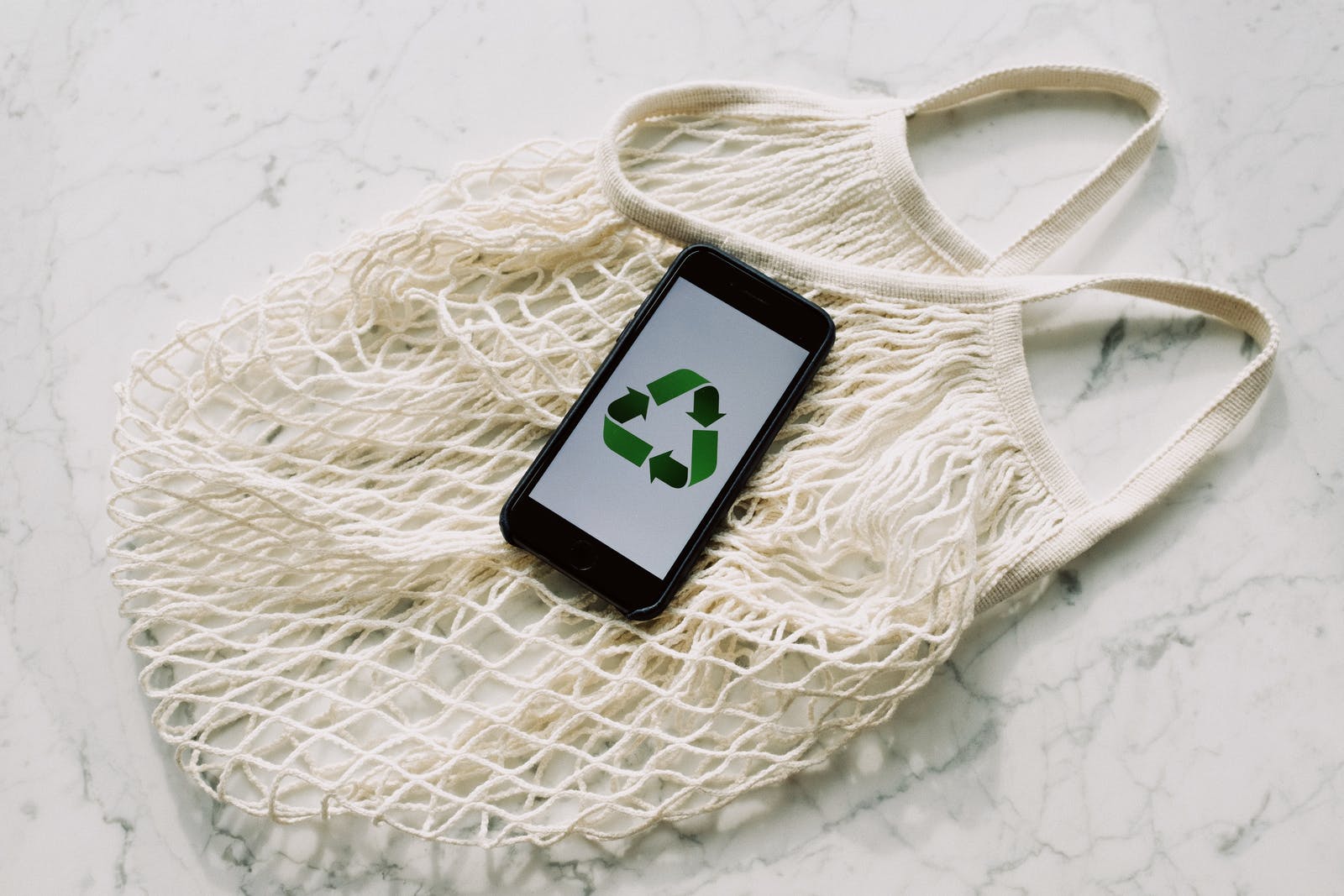What actions is the ACCC taking to target greenwashing?
Although falling slightly behind from the rest of the world, in its release of the 2022/23 compliance and enforcement report the ACCC has announced that greenwashing is becoming its new priority. This includes targeting greenwashers in "problem sectors" proactively, rather than waiting for complaints to act.
In simple terms, greenwashing refers to misleading environmental claims made by businesses to appear more environmentally friendly and sustainable than they actually are. In its most recent efforts, the ACCC has launched "internet sweeps” for company websites, which aim to identify false or misleading environmental and sustainability marketing claims, as well as fake online business reviews.
According to the ACCC, the key industries to watch for include those which consumers most commonly rely on reviews for. Specifically, these include household appliances, electronics, fashion, beauty products, food and restaurants, travel services, sport, home improvement, kitchenware, health products, and bedding and furniture. At least 200 websites will be reviewed in the sweep for misleading environmental claims and fake online reviews.
Why is the ACCC targeting greenwashing as an “area of concern” and what are the consequences of non-compliance?
The ACCC is cracking down on greenwashing as an area of concern due to several factors. Firstly, these steps are taken to protect consumer concerns, as many businesses sought to take advantage of the public’s growing environmental consciousness, especially within the newer generations.
Secondly, there are concerns that greenwashing results in unfair competition, as those businesses incurring the costs of genuine environmentally friendly actions will be competing against businesses which are making misleading green claims without incurring the same costs. In this light, unqualified claims may give rise to issues under the Australian Consumer Law (ACL), located in schedule 2 of the Competition and Consumer Act 2010 (Cth) if they are ambiguous or cannot be substantiated. Whilst greenwashing not only has negative legal implications for engaging in misleading and deceptive conduct, but it may also expose your brand to reputational risks.
Amongst the ACCC officials concerned about corporate claims on sustainability, ACCC Deputy Chair, Delia Rickard expressed concerns stating that “As consumers become increasingly interested in purchasing sustainable products, there are growing concerns that some businesses are falsely promoting their environmental or green credentials. Misleading claims about products or services undermine consumer trust and confidence in the market”.
The sweep is described by the ACCC as an integral part of its efforts to actively monitor for ‘greenwashing’ in the market, and aims to help inform what steps can be taken by businesses to improve the integrity of their claims. According to Rickard, in looking at claims the ACCC is mainly concerned with what the ordinary consumer will understand the claim to mean and "will not hesitate to take enforcement action against businesses engaging in green claims which are misleading and deceiving to the consumer", flagging penalties for companies found to have seriously breached consumer trust.
How can businesses avoid greenwashing?
There are steps businesses can take to avoid greenwashing. These include:
- Ensuring that claims are clear, unambiguous, truthful, and accurate. To better place this in context, ASIC provides a set of questions to consider. These include asking whether your product is true to label, whether you have used vague terminology in your communication including potentially misleading headlines, and finally whether you have explained how you use metrics related to sustainability.
- Considering the product’s full ‘lifecycle’. It is crucial to consider all aspects of your product’s environmental impact over its lifecycle and avoid simply basing sustainability claims on one stage of the product lifecycle. For example, for a fashion brand, this may include considering the environmental impact throughout the supply chain, how and where garments are manufactured, the disposal of products and any waste or by-products which may be harmful to the environment. In other words, if you engage in unsustainable end-of-life disposal of clothing whereby majority of your garments find their way in landfill but label your brand as ‘environmentally friendly’ purely based on your ‘sustainable shipping packaging’, you may risk becoming involved in greenwashing accusations as you have failed to consider the ‘full lifecycle’ of your product.
If you have any questions, please do not hesitate to contact us and we can assist!



